Antibiotics for Tooth Infection: Your Guide to Relief

When the excruciating pain of a toothache strikes, it can be difficult to focus on anything else. Tooth infections, also known as dental abscesses, Antibiotico Para Infeccion De Muela are a common dental issue that can cause severe discomfort. In this article, we will delve into the world of antibiotics for tooth infections, exploring how they work, when they are necessary, and what you need to know to find relief.
Contents
- 0.1 Understanding Dental Abscesses (H2)
- 0.2 The Role of Antibiotics (H2)
- 0.3 Common Antibiotics Used (H2)
- 0.4 Proper Antibiotic Use (H2)
- 0.5 Conclusion
- 1 ADD/ADHD (2)
- 2 Anabolic Steroids (11)
- 3 ANTI ANXIETY (1)
- 4 Anti-Estrogens (1)
- 5 Antibiotics (1)
- 6 Birth Control (1)
- 7 buy Online (5)
- 8 COUGH SYRUP (2)
- 9 DEPRESSANTS AND ANXIETY (14)
- 10 Hallucinogens (5)
- 11 INJECTABLE STEROIDS (1)
- 12 MARIJUANA AND HASHISH (1)
- 13 nervous-stimulants (1)
- 14 OPIOIDS (15)
- 15 Pain Reliever (6)
- 16 Sleep & Insomnia (1)
- 17 STIMULANTS (10)
- 18 WEIGHT LOSS (1)
Must Read: The World’s Leading SilkRoad Black Pharmacy: Empowering Access to Medications
Understanding Dental Abscesses (H2)
Before we dive into the role of antibiotics, Antibiotico Para Infeccion De Muela let’s understand what dental abscesses are. A dental abscess is a pocket of pus that forms in the teeth, gums, or jawbone. This condition usually arises from a bacterial infection and can lead to severe pain and swelling.
Types of Dental Abscesses (H3)
There are two primary types of dental abscesses:
- Periapical Abscess (H4): This occurs at the tip of the tooth’s root.
- Periodontal Abscess (H4): This affects the gum tissues.
The Role of Antibiotics (H2)
Antibiotics play a crucial role in treating dental abscesses. Let’s explore how they work and when they are prescribed.
How Antibiotics Work (H3)
Antibiotics work by killing or inhibiting the growth of bacteria. In the case of dental abscesses, they target the bacteria causing the infection, helping to stop the spread of the infection.
When Antibiotics Are Necessary (H3)
Antibiotics are typically prescribed in the following situations:
- Severe Infections (H4): When the infection is spreading rapidly or causing severe symptoms.
- Fever (H4): If you develop a fever due to the infection.
- Immune System Compromised (H4): Individuals with weakened immune systems may require antibiotics.
- Risk of Complications (H4): When there is a risk of the infection spreading to other parts of the body.
Common Antibiotics Used (H2)
Several antibiotics can be prescribed for dental abscesses. Some of the most common ones include:
1. Amoxicillin (H3)
Amoxicillin is a widely used antibiotic for dental infections. It is effective against a broad range of bacteria commonly found in the mouth.
2. Clindamycin (H3)
Clindamycin is another option for those allergic to penicillin-based antibiotics. It is potent against dental abscess-causing bacteria.
3. Penicillin (H3)
Penicillin is a classic antibiotic choice for dental abscesses and is highly effective.
Proper Antibiotic Use (H2)
It’s essential to take antibiotics as prescribed by your dentist or healthcare provider. Here are some crucial guidelines:
Completing the Full Course (H3)
Always finish the entire antibiotic course, even if your symptoms improve. This ensures that all bacteria causing the infection are eradicated.
Timing and Dosage (H3)
Take antibiotics at the prescribed times and in the correct dosage. Skipping doses can lead to antibiotic resistance.
Conclusion
In the realm of dental abscesses, antibiotics can provide much-needed relief from pain and discomfort. However, they should only be used when necessary and under the guidance of a healthcare professional. If you suspect a dental abscess, don’t hesitate to seek dental care promptly.
Look Our Categories:
-
ADD/ADHD (2)
-
Anabolic Steroids (11)
-
ANTI ANXIETY (1)
-
Anti-Estrogens (1)
-
Antibiotics (1)
-
Birth Control (1)
-
buy Online (5)
-
COUGH SYRUP (2)
-
DEPRESSANTS AND ANXIETY (14)
-
Hallucinogens (5)
-
INJECTABLE STEROIDS (1)
-
MARIJUANA AND HASHISH (1)
-
nervous-stimulants (1)
-
OPIOIDS (15)
-
Pain Reliever (6)
-
Sleep & Insomnia (1)
-
STIMULANTS (10)
-
WEIGHT LOSS (1)
Must Read: Buy Magic Mushrooms Psilocybin Online: Navigating the Landscape of Psychedelic Experiences
FAQs (H2)
- Can I use over-the-counter pain relievers instead of antibiotics?Over-the-counter pain relievers can temporarily alleviate pain but won’t treat the underlying infection. Antibiotics are essential to address the root cause.
- How long does it take for antibiotics to work for a tooth infection?The response time varies, but you may start feeling relief within 24-48 hours. However, always complete the full course of antibiotics.
- Are there any side effects of antibiotics for dental abscesses?Common side effects may include nausea, diarrhea, or allergic reactions. If you experience severe side effects, contact your healthcare provider.
- Can I share my antibiotics with someone who has a tooth infection?Never share antibiotics with others. Each person’s infection may require a specific antibiotic, and sharing can lead to antibiotic resistance.
- What should I do if my symptoms worsen despite taking antibiotics?If your symptoms worsen or you develop new ones, contact your dentist or healthcare provider immediately for further evaluation.
In summary, antibiotics are a valuable tool in the treatment of dental abscesses, but they should be used judiciously and under professional guidance. If you suspect a tooth infection, consult a healthcare provider promptly for a proper diagnosis and treatment plan.



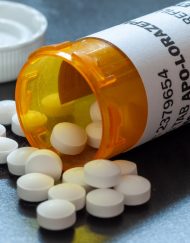
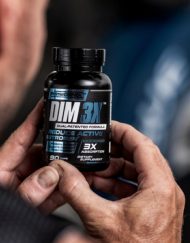


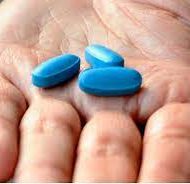





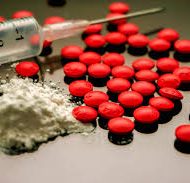



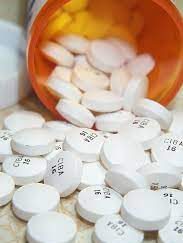

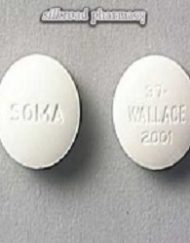
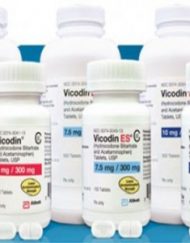
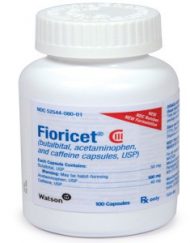

Recent Comments